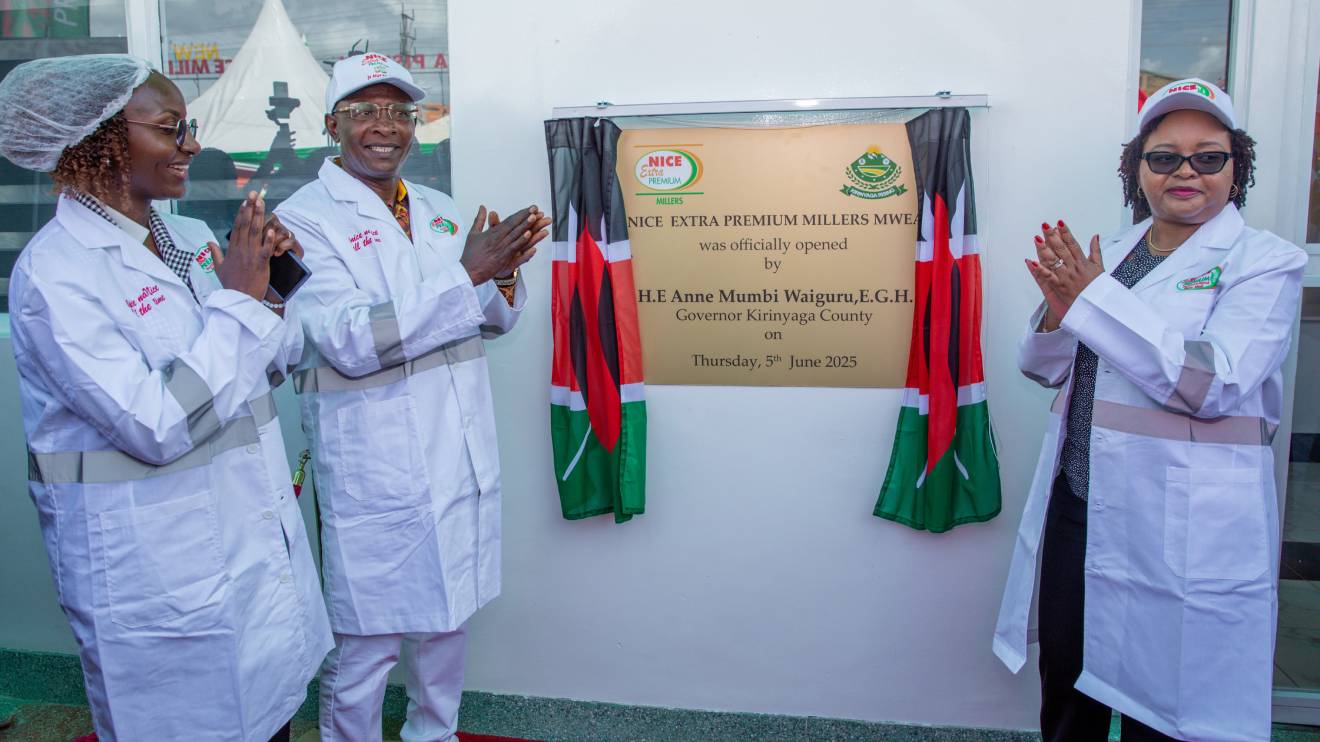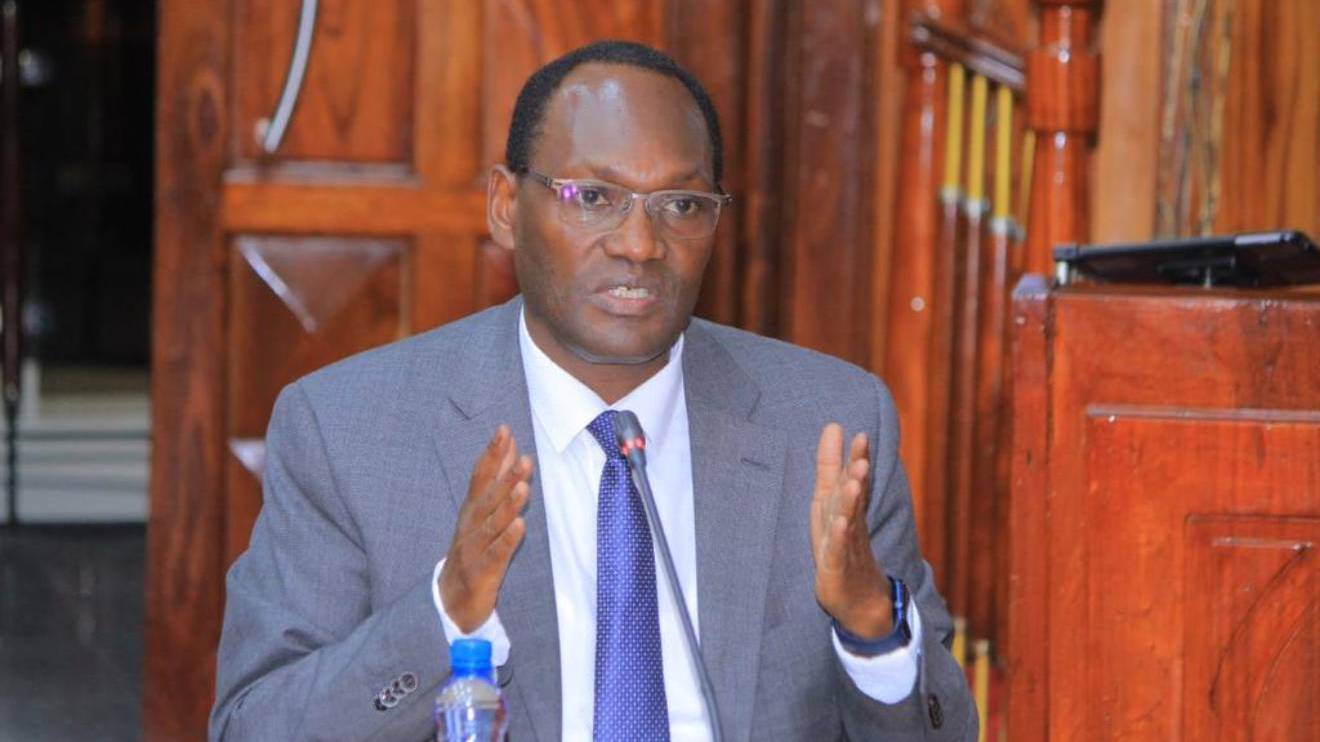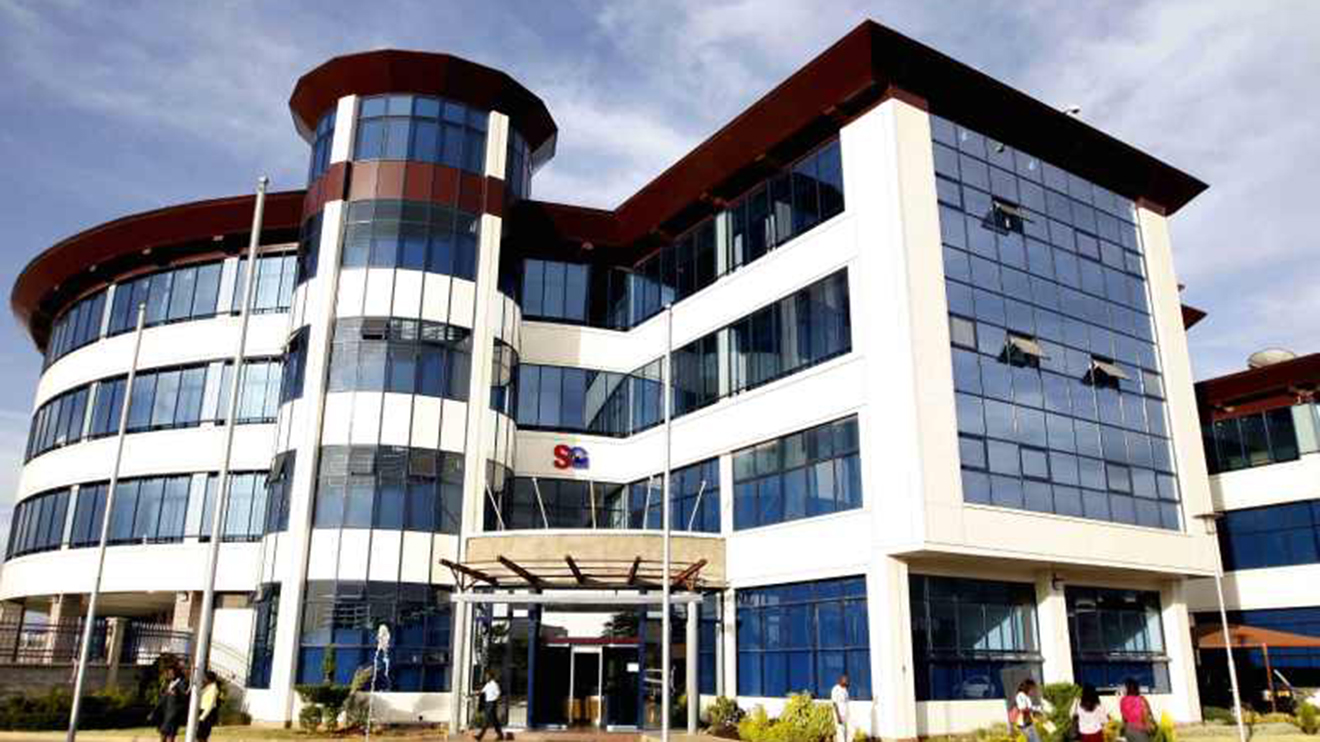Twenty-five young people living with disabilities have graduated from the inaugural DigiBility programme, a digital marketing skills initiative launched in March 2025 through a partnership between East African Breweries PLC (EABL) and the United States International University-Africa (USIU).
The ceremony, held on Friday, marked the end of an intensive four-week course designed to create equal access to opportunities in the fast-evolving digital economy.
The training was made possible by a Sh6 million commitment from EABL, which funded the development of accessible learning platforms, mentorship sessions, and bespoke career development pathways tailored to the needs of youth with disabilities.
Professor Mwenda Ntarangwi, Vice Chancellor of USIU-Africa, said the programme demonstrated the power of purpose-driven collaboration.
“DigiBility is more than a training program. It’s a clear demonstration of what’s possible when corporate leadership is grounded in purpose and partnership. We are proud to stand with these 25 graduates as they step into the digital economy; confident, capable, and ready to lead," Mwenda remarked.
Read More
The curriculum featured eight expert-led sessions focused on digital marketing, social media, content creation, paid advertising, and analytics.
Each session was adapted with inclusive features, including large-font materials, verbal instructions, closed captions, and minimal visual-only content to ensure full accessibility.
Kenya Breweries Limited Managing Director, Mark Ocitti, acknowledged the achievement of the graduates and reiterated EABL’s long-standing commitment to inclusive growth.
“We believe in the potential of every individual. Through DigiBility, we’re not just investing in skills: we’re investing in confidence, community, and change,” Ocitti stated.
Ocitti further explained that inclusion is deeply rooted in the company’s sustainability goals, saying, “At EABL, inclusion is not just a corporate slogan, it is a core part of our sustainability program.”
He added that their efforts span beyond classroom initiatives, noting, “We believe in inclusion in Kenya breweries, and this goes beyond the classroom into the field and across our value chain. We are working with over 1500 farmers with disability, supporting them with tools, training and access to markets.”
As part of EABL’s wider “Spirit of Progress” strategy, DigiBility reflects the company’s focus on inclusion, positive drinking, and environmental stewardship.
Graduates of the programme will benefit from ongoing support, including internship placements, mentorship, and access to professional networks through both EABL and USIU, as well as other industry partners.
Senator Crystal Asige, who has consistently championed accessibility in the tech sector, spoke about the transformative role of technology.
“The positives of tech are many for some people disabilities, though gadgets and gizmos, apps and assistive aids might seem like an abstract concept, something only tech giants and corporates and computer science scientists concern themselves with. But the truth is, tech will shake, will shape our daily lives in spectacular ways,” Asige observed.
Esther Mkamori, Head of Programmes at the United Disabled Persons of Kenya (UDPK), drew attention to the institutional barriers faced by young people with disabilities seeking to enter the technology space.
“We all know the kind of barriers that are there, and especially for young, youth with disabilities looking to get into the tech space, inaccessibility of training environments, learning methods, even things like entry requirements,” Mkamori pointed out.
With the successful completion of its first cohort, the DigiBility programme sets the stage for a more inclusive digital future—where talent, not limitations, defines opportunity.

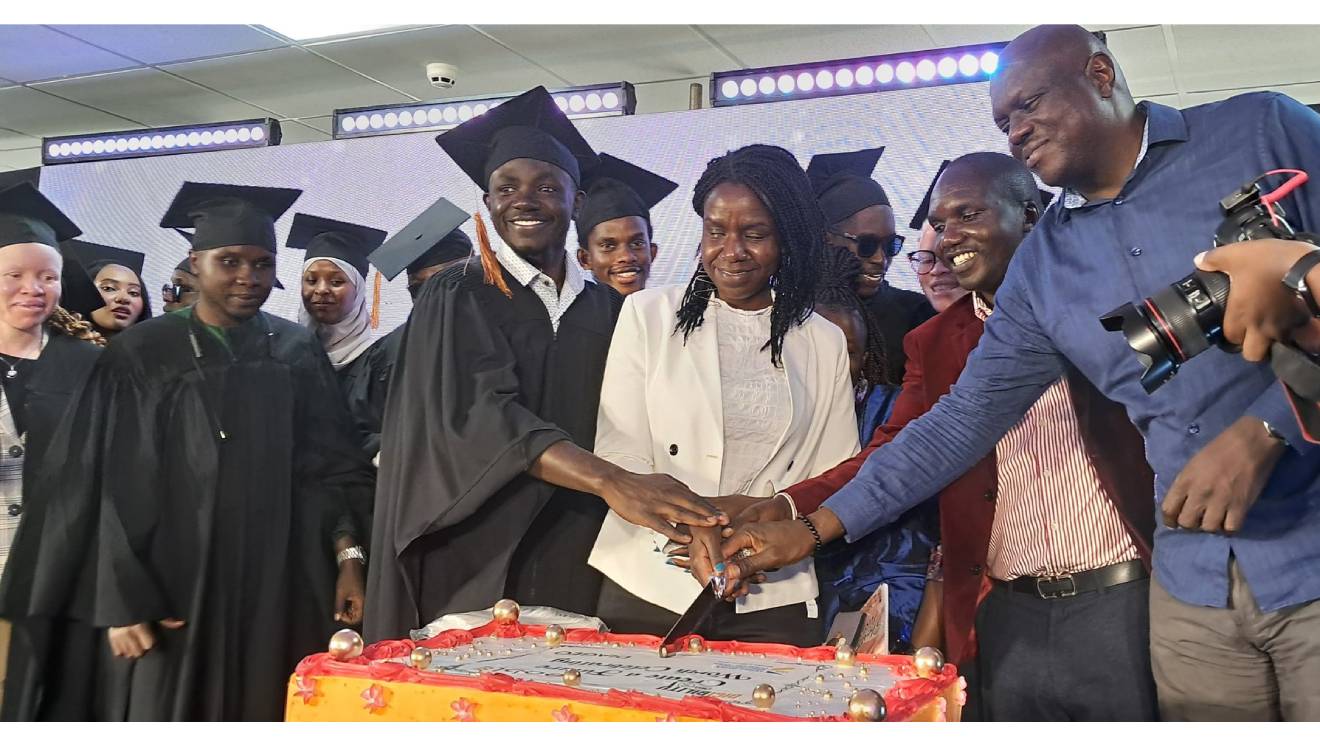
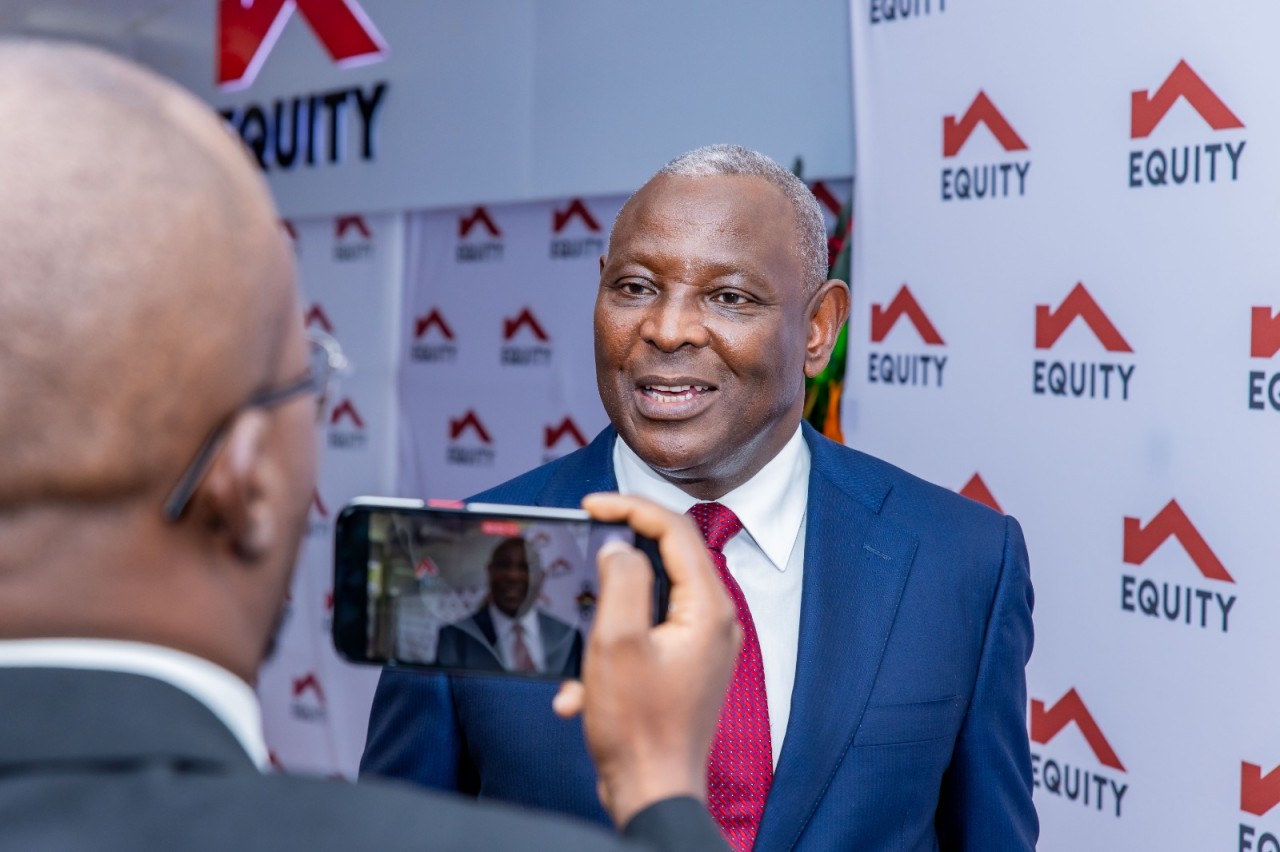


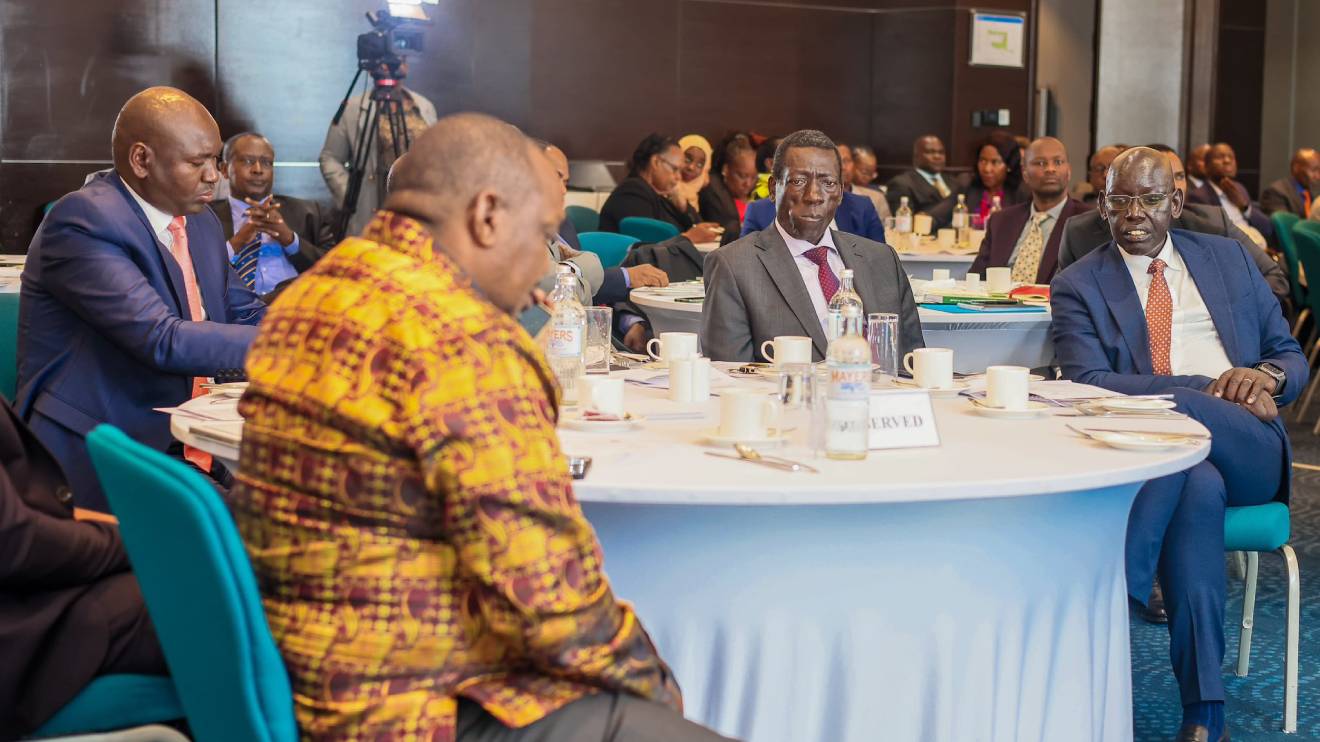
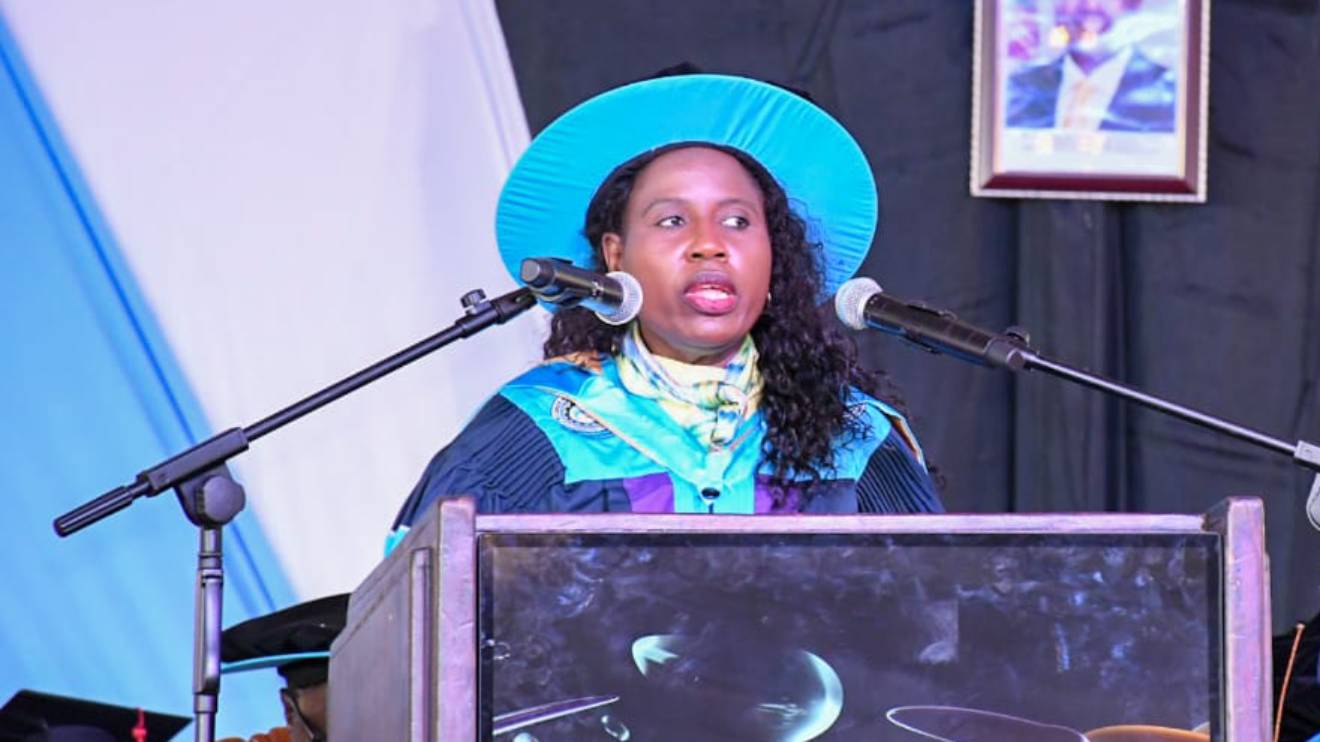
-1749231819.jpg)
 (1)-1749230018.jpg)
